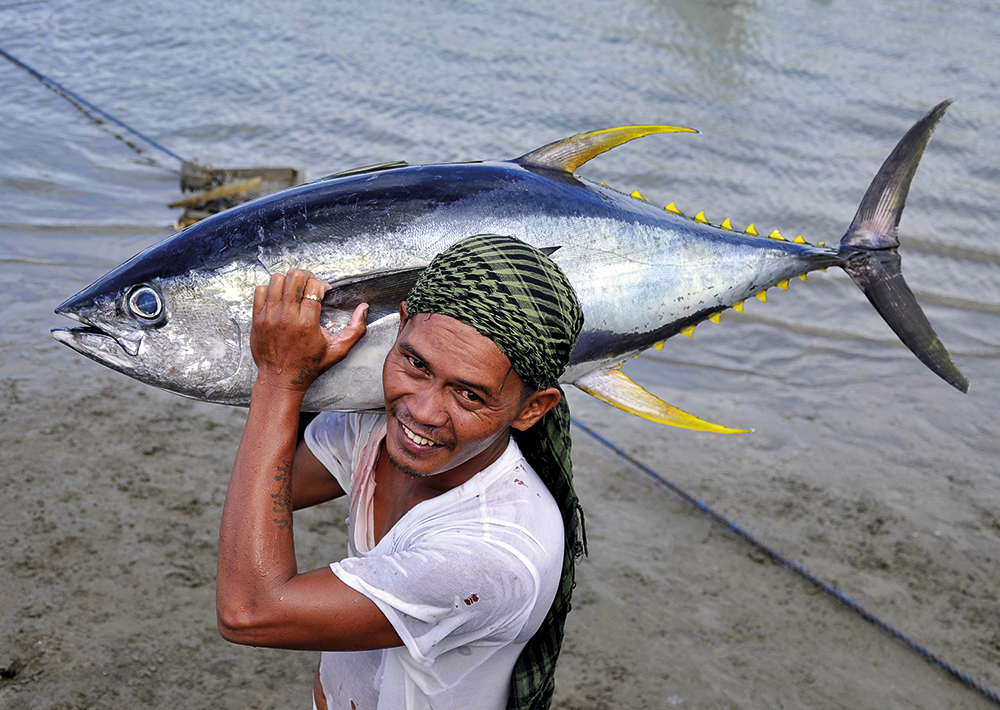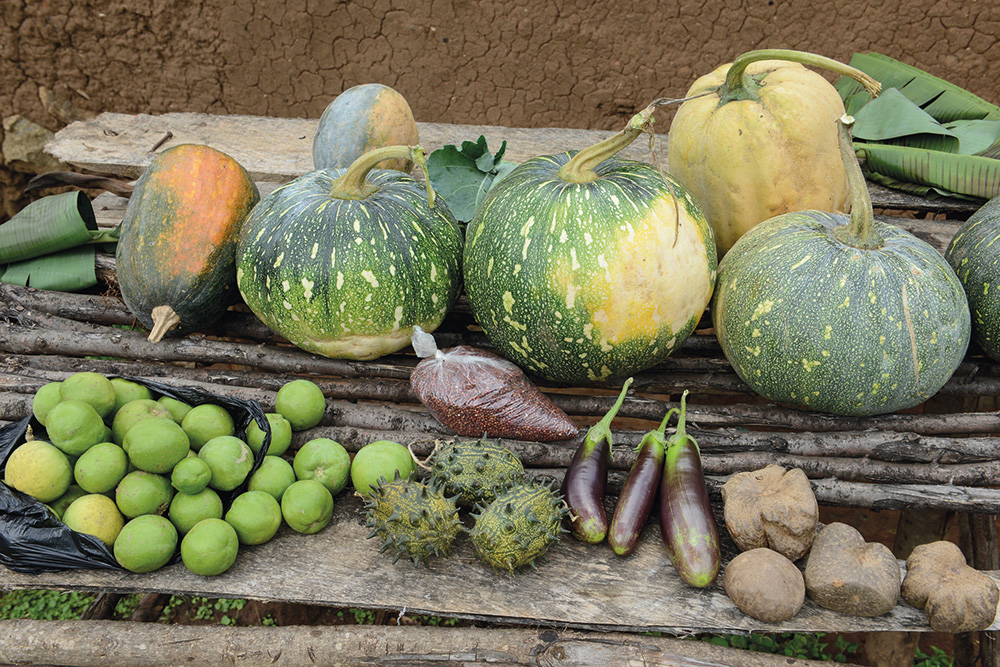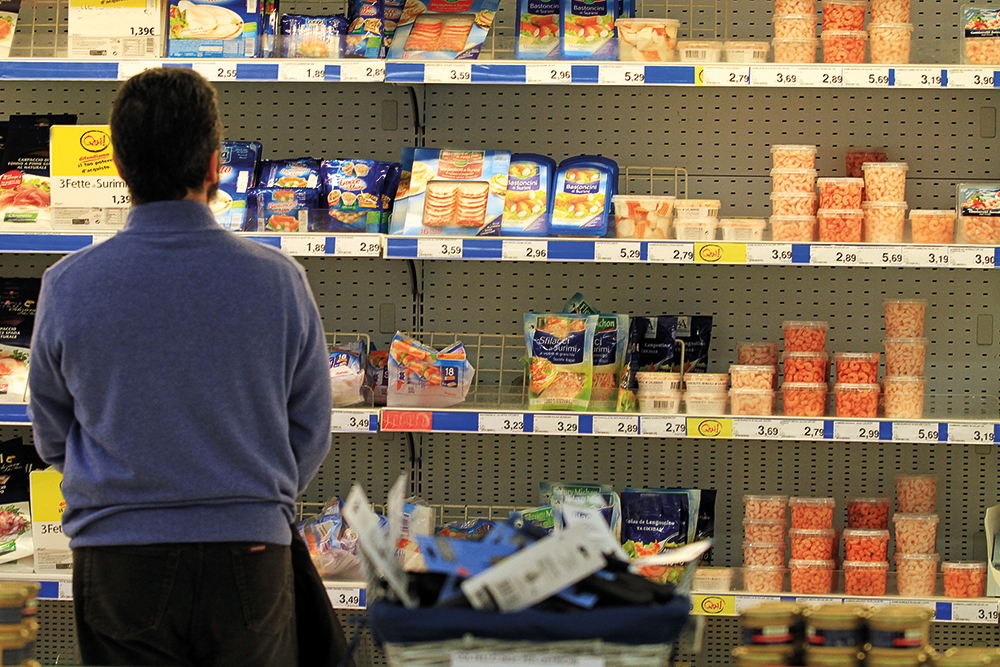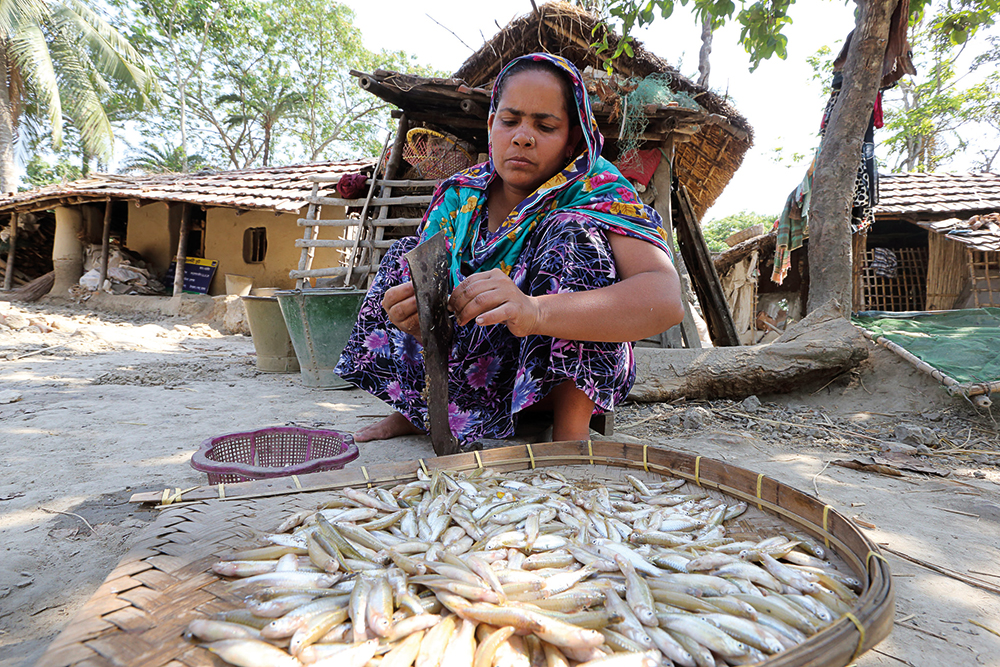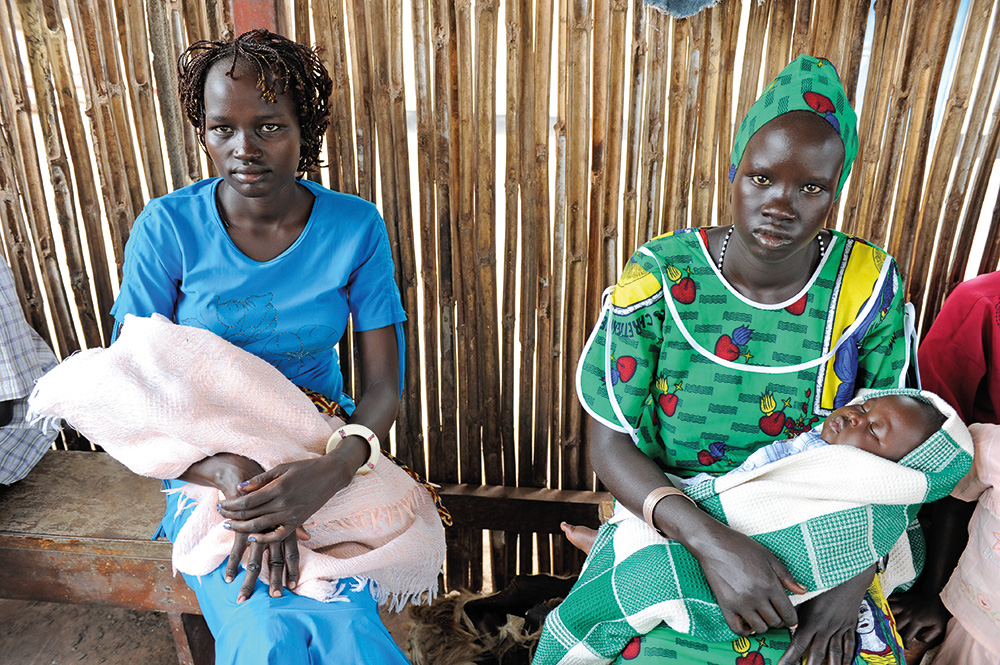Environmental tradeoffs between aquaculture and capture fisheries
Does a “Blue Revolution” help the poor? Evidence from Bangladesh
The impressive growth in aquaculture is now commonly dubbed a “blue revolution.” In some Asian countries, fish availability has increased at a faster rate in recent decades than did cereal availability during the Green Revolution. As an example, Bangladesh is one country where aquaculture has increased almost eightfold since the early 1990s. This growth has important implications for food and nutrition securities. Yet, there is little research on the determinants and impacts of this growth to document the lessons, identify evolving issues, and guide policy discussions.
Can aquaculture help the hungry poor?
Aquaculture holds a big potential to satisfy the growing demand for aquatic food. Setting out from lessons learnt in past development projects, our author describes what fish farming systems must look like to fit the needs of smallholders and the environment.
Mauritania: High tech to secure fish stocks
Mauritania’s coastal waters are among the world’s richest fishing grounds. However, just as in many other countries around the globe, the sustainable use of this resource is under threat from illegal fishing and overfishing. KfW contributes to protecting the valuable fishing grounds with the aid of modern surveillance systems and rigorous conservation and species protection measures.
Towards sustainable tuna fisheries in the Philippines
A project run by the WWF has set itself the goal of transforming Philippine tuna fisheries towards more sustainable practices, securing the livelihoods of the small-scale fishers in the long term. European buyers who have committed to source from them provide the necessary incentives.
Captain Iglo mustn’t come to Africa!
During the last few years, the donor community has increased its efforts to reduce the large amounts of fish lost in the distribution chain in artisanal fishery, an endeavour that ought to be welcomed in principle. However, focusing on one single solution, the development of an expensive cool chain and the supply of fresh or frozen fish, represents a massive interference with the traditional processing and distribution channels, with women being the main losers. Our author calls for more foresight in international co-operation.
Building confidence in certified seafood: the GSSI
The multitude of certification schemes in seafood production has assumed massive dimensions, posing considerable challenges for all actors in the supply chain. Here, the Global Sustainable Seafood Initiative seeks to provide a remedy.
Hot topics in aquaculture research
Experts agree that the rising demand for fish for human consumption cannot be met without a major expansion and sustainable intensification of aquaculture. Our WorldFish authors describe the areas in which research plays a particularly important role in this context.
Group certification: the silver bullet for smallholders?
Often with just one or two ponds managed by a single person or family, smallholders make up an important share of the world’s seafood production. So why are by far the minority of certified aquaculture operations smallholders?
SSF Guidelines: Vital momentum for small-scale fishers
With its Guidelines for Securing Sustainable Small-Scale Fisheries (SSF Guidelines), FAO has created a tool that is to help small-scale fisheries stakeholders empower themselves. Our authors describe its strengths and weaknesses and how it is being put into practice.
Satellite data aid India’s fishermen for better livelihood
Sailing out to sea in the morning and returning without a catch in the evening is now a thing of the past for many Indian fishermen. A satellite-based information system shows where they can find rich fishing grounds.






